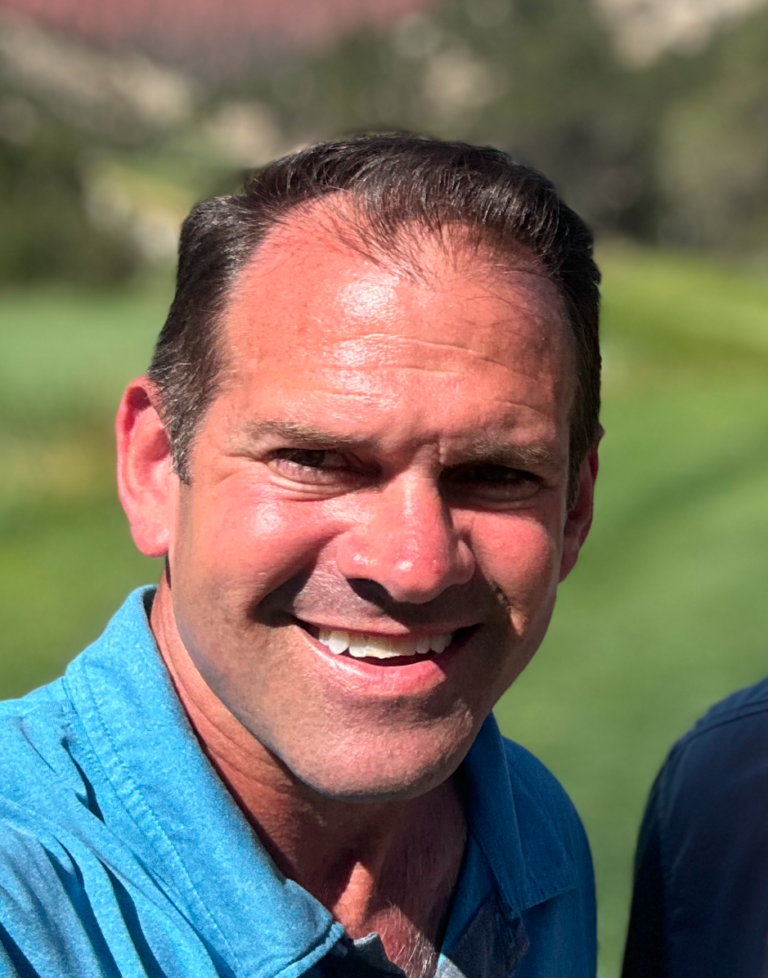Dr. Ian Weisberg’s Insights on the Future of Electrophysiology
Dr. Ian Weisberg’s Insights on the Future of Electrophysiology
Blog Article
Synthetic intelligence (AI) is rapidly transforming the medical area, and cardiology isn't any exception. Dr Ian Weisberg Niceville Florida, a respected expert in electrophysiology and cardiac attention, is at the front of integrating AI-driven engineering into diagnosing, checking, and treating heart conditions. His method claims to enhance reliability, increase patient outcomes, and revolutionize the continuing future of cardiology.

AI-Driven Diagnostics: Increasing Accuracy
One of the very significant programs of AI in cardiology is their power to analyze big amounts of individual data with unmatched accuracy. Dr. Weisberg uses AI-powered electrocardiograms (ECGs) and machine learning algorithms to identify abnormalities in center rhythms sooner than actually before. By comparing 1000s of individual cases, AI can identify refined designs that also the most experienced specialists may miss.
For conditions like atrial fibrillation (AFib) and ventricular tachycardia, early detection could be the huge difference between preventive care and a deadly emergency. AI-based ECG meaning guarantees that individuals get timely interventions, lowering the chance of complications.
Predicting and Avoiding Cardiac Functions
Beyond examination, AI is supporting anticipate cardiac events before they happen. By considering factors such as for example heartrate variability, life style habits, and genetic predisposition, AI-driven versions can identify patients at high chance for center attacks, strokes, or sudden cardiac arrest.
Dr. Weisberg believes this predictive power enables physicians to take proactive steps, such as for example prescribing lifestyle changes, medicines, as well as recommending early interventions before significant indicators appear.
Customized Treatment Plans with AI
Each patient's heart is unique, and AI is creating customized treatment programs a reality. Using AI-powered simulations, Dr. Weisberg can custom procedures such as catheter ablations or pacemaker implantations to complement a patient's correct cardiac structure and condition. That reduces trial-and-error strategies and improves therapy achievement rates.
Furthermore, AI assists improve dosage suggestions for center medications, ensuring maximum success with little area effects.
Remote Monitoring and AI-Assisted Cardiac Treatment
One of the very groundbreaking breakthroughs in AI and cardiology is rural patient monitoring. With AI-powered wearable products and wise implants, health practitioners can track real-time patient knowledge, alerting them to any irregularities instantly.
Dr. Weisberg sees this as a game-changer, particularly for patients with serious center conditions who need continuous monitoring. By reducing hospital trips and getting issues early, AI-powered checking programs assist in saving lives while increasing individual comfort.
The Future of AI in Cardiology
As AI continues to evolve, Dr. Weisberg remains devoted to establishing cutting-edge technologies that produce cardiology more efficient, exact, and patient-friendly. His work bridges the hole between technology and medicine, ensuring that AI enhances—not replaces—the individual touch in healthcare.

With AI-driven advancements, cardiology is entering a fresh period wherever cardiovascular disease may be recognized early in the day, treated more successfully, and maintained with greater precision. Dr Ian Weisberg's pioneering attempts in that place promise to form the continuing future of cardiac look after decades to come.
Could you prefer any refinements or extra information on unique AI programs? ????
Report this page